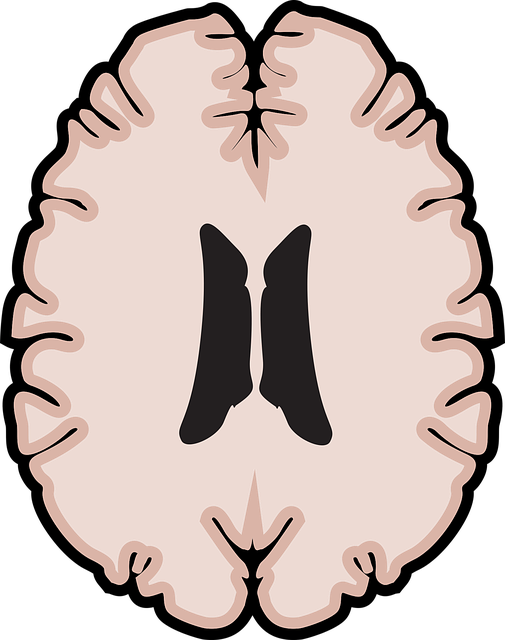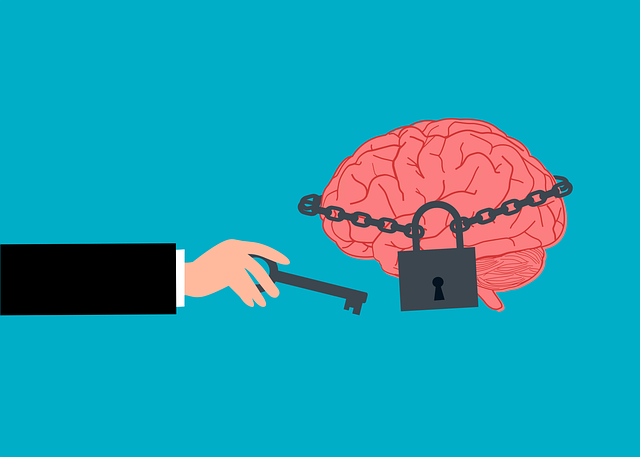Littleton Psychological Testing Therapy employs the RFM (Resilience, Flexibility, Mastery) framework to promote personal growth and well-being. Through empathy-driven therapy sessions, they integrate mindfulness meditation, compassion cultivation, and effective communication strategies to build resilience, enhance emotional intelligence, and prevent burnout. Their data-driven approach includes psychological testing to assess and personalize interventions for crisis support, stress management, and anxiety relief. The RFM model, tailored to healthcare settings, fosters adaptability and coping mechanisms, with regular progress reviews ensuring effectiveness. Success is measured through goal tracking and assessment tools, enriching the client's mental wellness journey via their podcast series.
“Unleash your inner strength with Resilience, Flexibility, and Mastery (RFM) exercises—a transformative approach to personal growth. This comprehensive guide explores how Littleton Psychological Testing Therapy leverages RFM to build resilience. We delve into the science behind psychological assessments, offering insights to identify unique strengths and areas for development. Discover practical strategies for designing effective resilience-building exercises tailored to individual needs. Learn a step-by-step process for integrating RFM into therapy sessions and measure the profound impact of these exercises.”
- Understanding RFM and Resilience: A Foundation for Personal Growth
- The Role of Psychological Testing in Identifying Strengths and Areas for Improvement
- Designing Effective Resilience-Building Exercises: Practical Strategies
- Implementing RFM in Therapy Sessions: A Step-by-Step Guide for Practitioners
- Measuring Success and Tracking Progress: Evaluating the Impact of RFM Exercises
Understanding RFM and Resilience: A Foundation for Personal Growth

Resilience is a powerful tool for personal growth and well-being, and it starts with understanding one’s psychological makeup. RFM (Resilience, Flexibility, and Mastery) is a framework that helps individuals navigate life’s challenges by fostering adaptability and a positive mindset. This approach recognizes that life presents numerous obstacles, and building resilience equips people to handle these hurdles effectively.
At Littleton Psychological Testing Therapy, we emphasize the importance of RFM in our therapy sessions. By incorporating empathy-building strategies and confidence-boosting techniques, our experts guide clients toward burnout prevention. These exercises empower individuals to view challenges as opportunities for growth, enhance their emotional intelligence, and develop a stronger sense of self-efficacy. Through this process, people can build a solid foundation for personal development, enabling them to lead more fulfilling and balanced lives.
The Role of Psychological Testing in Identifying Strengths and Areas for Improvement

Psychological testing plays a pivotal role in the process of RFM (Resilience, Strengths, and Goals) implementation. These evaluations provide a comprehensive understanding of an individual’s psychological landscape, identifying both strengths and areas needing development. Through various assessment tools, therapists can gain insights into a person’s emotional resilience, coping mechanisms, and underlying mental health considerations. This information is crucial for tailoring interventions and exercises that foster growth and enhance overall well-being.
In the context of crisis intervention guidance, stress management workshops, and anxiety relief programs, Littleton Psychological Testing Therapy offers valuable resources. The assessment process helps in designing targeted strategies to support individuals or organizations in managing stress, overcoming anxiety, and building resilience. By recognizing strengths and weaknesses, participants can actively engage in activities that strengthen their psychological foundation, ultimately contributing to better mental health outcomes.
Designing Effective Resilience-Building Exercises: Practical Strategies

When designing resilience-building exercises, it’s essential to create activities that are both engaging and impactful. At Littleton Psychological Testing & Therapy, we emphasize practical strategies that cater to various aspects of an individual’s well-being. Incorporating mindfulness meditation techniques can help individuals cultivate present-moment awareness, enabling them to better manage stress and regulate emotions effectively. These practices promote self-soothing skills, allowing people to respond rather than react in challenging situations.
Moreover, compassion cultivation exercises play a pivotal role in enhancing emotional resilience. Encouraging clients to explore and express kindness towards themselves and others fosters a sense of connection and understanding. Effective communication strategies are also integral to building resilience. Through role-playing scenarios or group discussions, individuals can develop assertiveness, improve conflict resolution skills, and enhance their ability to seek support when needed. These exercises empower people to navigate life’s challenges with increased confidence and adaptability.
Implementing RFM in Therapy Sessions: A Step-by-Step Guide for Practitioners

Implementing RFM (Resilience, Flexibility, and Mastery) in therapy sessions offers a structured approach to enhancing clients’ resilience, particularly in healthcare settings. This method guides practitioners in fostering adaptability and effective coping mechanisms, crucial for managing stress, especially among healthcare providers battling burnout. By integrating RFM exercises tailored to individual needs, therapists can create a supportive environment that promotes mental wellness.
A practical step-by-step guide involves first assessing clients’ current resilience level through questionnaires or interviews. Next, identify specific areas of vulnerability and tailor exercises accordingly. For instance, mindfulness practices enhance flexibility in managing emotions during stressful shifts at Littleton Psychological Testing Therapy. Additionally, cognitive reframing techniques empower healthcare providers to reframe challenges, reducing their impact on mood management. Regularly reviewing progress ensures the RFM framework remains dynamic, catering to evolving client needs.
Measuring Success and Tracking Progress: Evaluating the Impact of RFM Exercises

Measuring success and tracking progress are essential components of any resilience-building program, especially when implementing RFM (Resilience, Flexibility, and Mastery) exercises. At Littleton Psychological Testing & Therapy, we believe in a data-driven approach to mental wellness. By quantifying and analyzing the impact of these exercises, we can ensure that our strategies are effective and tailored to individual needs. This involves setting clear goals and using various assessment tools to gauge improvements in emotional regulation, coping mechanisms, and overall mental resilience.
Regular evaluation allows us to adapt our Empathy Building Strategies and Cultural Sensitivity in Mental Healthcare Practice, ensuring that the RFM exercises remain relevant and impactful over time. Through this process, we can identify what works best for different individuals, fostering a more personalized journey towards enhanced mental wellness. Our Mental Wellness Podcast Series Production provides an additional platform to share these insights, further enriching our support network.
The integration of Resilient Factor Model (RFM) exercises into therapy practices, as demonstrated through Littleton Psychological Testing Therapy, offers a comprehensive approach to personal growth. By understanding an individual’s resilience, leveraging psychological testing for tailored interventions, and designing practical exercises, therapists can empower clients to navigate life’s challenges with increased agility. The step-by-step implementation guide ensures a structured process, while measuring success allows for continuous improvement. This holistic strategy not only enhances therapeutic outcomes but also fosters long-lasting resilience, enabling individuals to thrive in various aspects of their lives.











